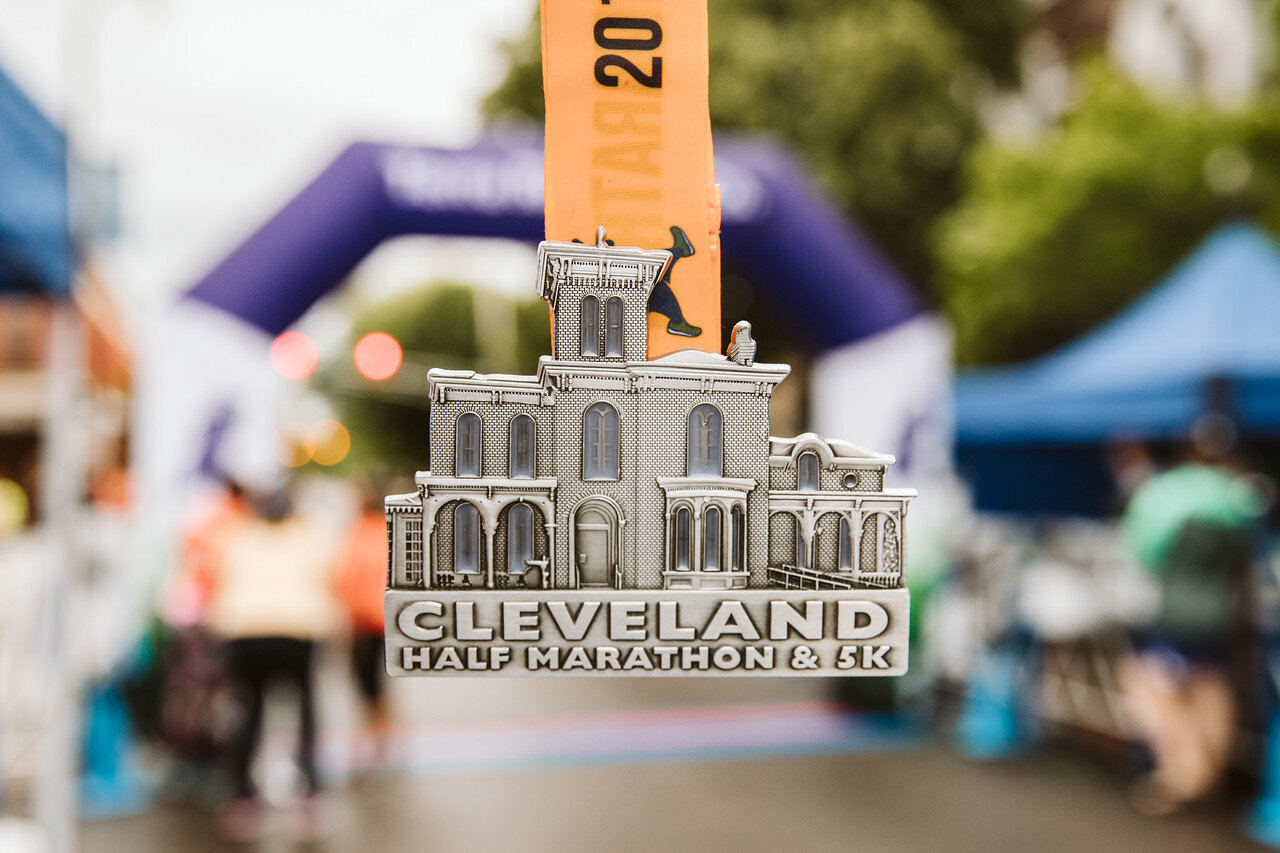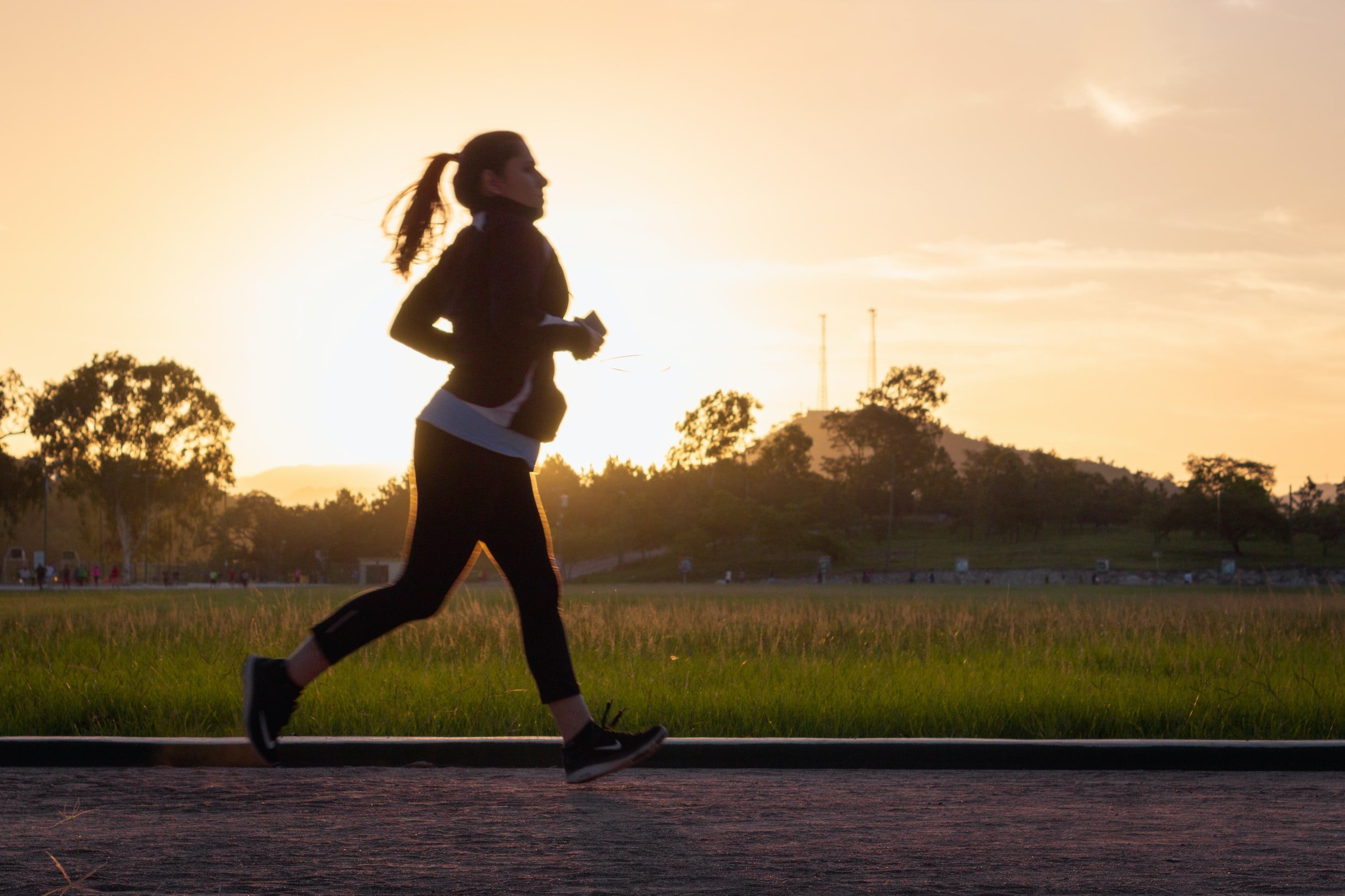
Improve Your Sleep, Improve Your Health
Everyone knows that sleep is important but most of us still struggle to get enough quality sleep each night. This lack of sleep not only effects our moods and our energy levels, it also effects our immune systems, memory, decision making, and recovery time (among many other things). This makes sleep even more important for those who are actively training for races or working on specific fitness goals. Since our bodies rely on getting quality sleep to repair and rebuild what has been worked and strained during the day, athletes need this time to heal and build their bodies even more than a non-active person. And while sleep will always be a challenge for some depending on life circumstance and stage of life (I’m looking at you, new parents) a lot of us would simply rather stay up late binge watching the newest Netflix show instead of creating healthy habits around our sleep. This is what experts call poor ”sleep hygiene.”
IMPROVING SLEEP HYGIENE
To quickly improve sleep hygiene, try setting a routine bedtime and a routine wake time regardless of what day of the week it is. This allows your body can create a natural circadian rhythm and better regulate its own melatonin production. Experts also say that It is a good idea to be off of screens for at least 30 minutes before you attempt to sleep due to the blue light that is emitted from our screens which disrupts the production of melatonin. You can also install a blue light dimmer on your phone or computer like F.Lux to cut down on the blue light you are exposed to. As for melatonin, beware of relying on supplements. While taking a melatonin supplement sounds like an easy fix for our bad habits, new research has shown that many melatonin products have significantly higher amounts (up to 500% more) of melatonin in them than their labels claim and that the effects of these elevated levels could be dangerous. Melatonin is even a regulated substance in other countries like the United Kingdom and New Zealand where it is available only as a prescription. Instead, try a magnesium supplement like the effervescent tablets in Nuun’s “Rest” line. Magnesium has a calming, anti-stress, anti-anxiety effect without messing around with hormones. A calming cup of chamomile tea has also been shown to be effective at promoting sleep.
Beyond helping regulate your circadian rhythm, try to make your sleep environment as conducive as possible to rest. Ensure your room is as dark as possible with black out shades, and cut down on distracting noise throughout the night by using a fan or noise machine. It is also important to maintain a proper temperature in your room — if things are too hot or to cold you will toss and turn. While everyone is different, aim for around 65 degrees for the most restful sleep. Lastly, do your best to make sure that your room is tidy. Messy spaces have been show to elicit a subconscious (if not conscious) stress response and your body will pick up on this even as you try and sleep.
WEARABLES AND SLEEP TRACKING
When worn overnight, devices like Garmin wearables will track your heart rate, heart rate variability, breathing, blood oxygen, stress levels, as well as sleep, sleep stages and restless periods throughout the night (note that while almost all Garmins have some form of sleep tracking, not all of them have every premium feature). This can be very helpful in identifying things that may be effecting your sleep, for instance noting how eating close to bed time affects your sleep, if those black out shades helped you sleep deeper, etc. Garmin will also adjust its recommended training based on how well you slept the night before and give updates on your recovery status. Even if you don’t have a Garmin, there are plenty of apps and built in systems in our smart phones to help us sleep better. The iPhone has a sleep schedule feature which will alert you when you need to start getting ready to go to bed based on the time you set it to. The iPhone can also automatically enable a sleep “do not disturb” function so that you are not bothered with pesky notifications, texts and calls you don’t want to see.
OTHER CONSIDERATIONS
While everyone is different, no matter who you are, getting quality sleep is essential to your health. Work on improving your sleep even if it is just changing up one thing for the better. Be observant to your own patterns. Are you significantly affected by light? Try black out shades. Do you drink or eat a lot in the evening and find you aren’t sleeping soundly? Consuming alcohol or eating too close to your bed time can disrupt sleep (it is a myth that alcohol will help you sleep sounder). Are you constantly tossing and turning at night? Is your room too hot or too cold? Do you need a better pillow or mattress? As you start to pay attention to your sleep quality you will also notice how much more energized you feel after getting a proper night’s rest!
What's the deal with triathlons? Terra Girls Episode 12
This week, Tiff chats with Brittany about her latest triathlon, how she prepares, what the different distances are, and how to get started.
The Importance of Base Mileage
Base mileage is the first step to any specific running goal. In fact, building your running base is one of the most essential parts of any fitness goal. These are the slower, consistent, weekly runs that you do. Whether you want to become faster or enjoy your runs more, base mileage is the first step.
Starting out with consistent, easy runs of three to six miles, three times a week, before building up to five days a week, will help to prepare your body for any harder training plan. Increasing your running speed or feeling like your runs are easier is all dependent upon your running fitness; the more often you run, the higher your fitness will be.
Runners who want to add sprinting workouts or tempo runs to their routine will need a high base mileage to see the most improvement. Similarly, individuals who are getting into running or who are trying to grow their fitness need to develop their base mileage in order to initiate a new healthy habit. Base mileage is what prepares and develops your body, as well as prevent injury. It can be exhausting to run everyday, so it is important to start out with a low base mileage and work from there.
Base mileage is often acclaimed for building your aerobic endurance. This is important because you will want to build your aerobic abilities before attempting any anaerobic exercises (these are fast paced workouts that build up lactic acid in the muscles). Thus, base mileage runs should not be strenuous or fast-paced. They serve merely to grow your endurance and fitness.
I think most of us understand the concept of base mileage. You need to have some foundation, some base level of fitness, to accomplish more specified goals. It can, however, be easy to get caught up with the idea of those specific goals and discount the importance of the slower, mundane, daily run. Nonetheless, working towards those goals will be fruitless without the consistency of base mileage.


